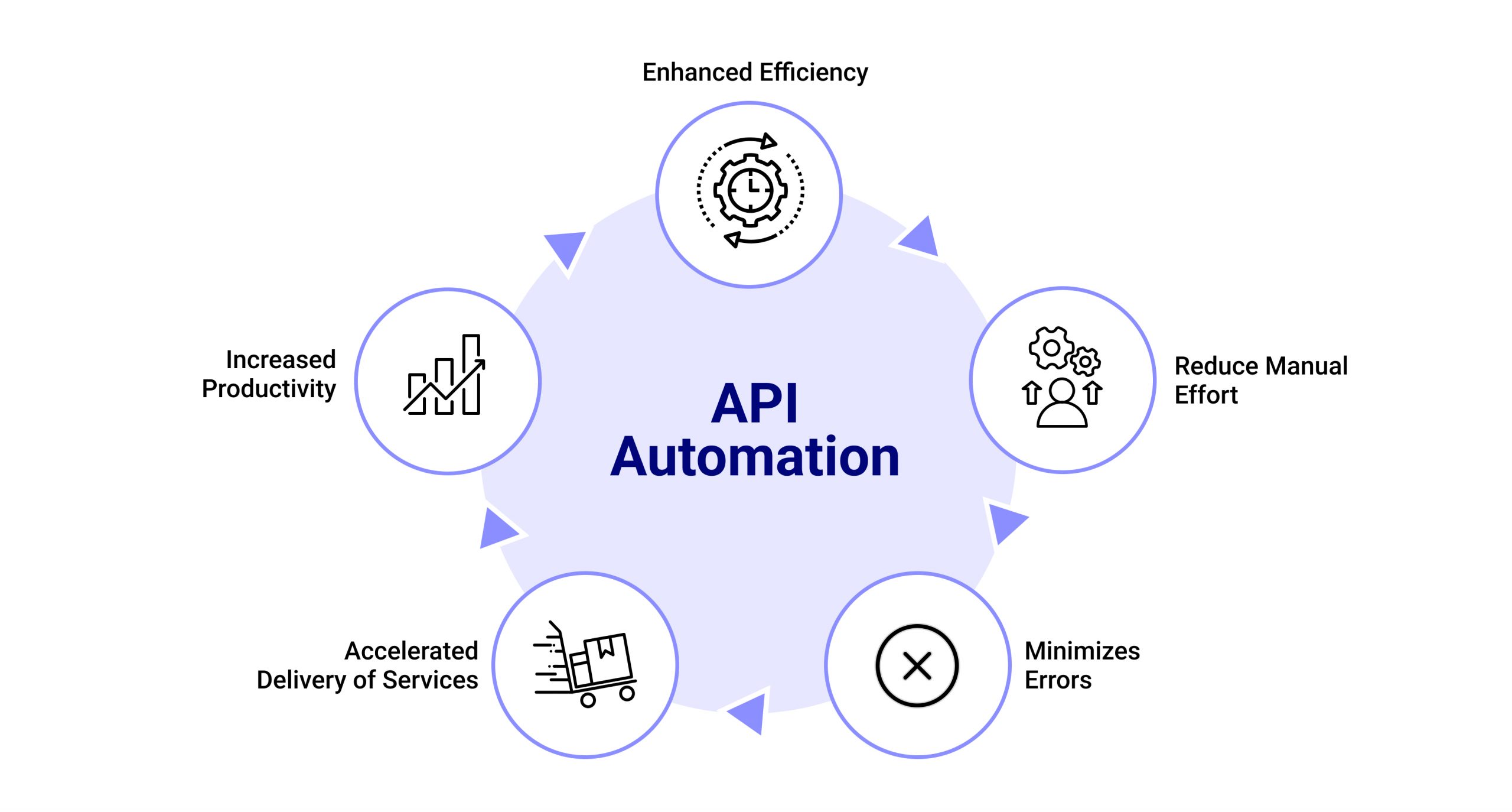API Management
BLOG
6 min read
Unlocking the Transformative Power of API Management Systems
In the rapidly evolving digital era, the significance of Application Programming Interfaces (APIs) has become more pronounced than ever before. APIs are no longer just functional components of software development; they are pivotal in shaping how businesses operate and engage with their customers in the digital landscape. This blog takes a closer look at the diverse benefits and applications of API Lifecycle Management.
Introduction to API Management
Application Programming Interface Management is a sophisticated approach that involves organizing, overseeing, and securing APIs. It transcends beyond mere interface management; it encompasses a holistic strategy that aligns APIs with business goals, ensuring they are not only functional but also strategic assets in a company's digital infrastructure.

The digital world has witnessed an exponential growth in the use of APIs. They have become foundational to digital communication, enabling diverse applications to interact seamlessly. This increasing reliance on APIs underscores the need for an efficient management system that can handle the complexities and scale of modern digital ecosystems.
The Critical Role of API Management Platforms
API Management Platforms are comprehensive tools designed to simplify the complex task of managing APIs. They serve as centralized systems that provide functionalities such as API creation, deployment, security, monitoring, and analysis. These platforms are the linchpins in ensuring the smooth operation and effective utilization of APIs.
Initially, API Management tools were basic, focusing primarily on access control and monitoring. However, with the digital landscape's evolution, these tools have transformed into sophisticated platforms, addressing a broader spectrum of needs like advanced security, analytics, user engagement, and developer support.
Enhancing API Security with API Management
In an era, rampant with data breaches and cyber-attacks, API security is paramount. APIs, which often serve as gateways to sensitive data and core business logic, must be safeguarded against potential threats and vulnerabilities.
API Management platforms enhance security through features like SSL/TLS encryption, OAuth, API keys, and access tokens. They also offer threat detection and mitigation capabilities, ensuring that APIs are not just gateways for data exchange but fortified conduits that protect against unauthorized access and data leaks.
Streamlining Operations with API Governance
Firstly, what is API Governance? API Governance is the framework of policies and practices ensuring optimal performance, security, and alignment of APIs with business objectives. It's about managing APIs in a disciplined and consistent manner.
Effective API Governance ensures that all APIs adhere to set standards, enhancing reliability and compliance. API Management tools facilitate this with features like policy definition, enforcement mechanisms, and reporting, ensuring that APIs are compliant, consistent, and aligned with organizational goals.
Mastering the API Lifecycle with Management Services
The API lifecycle involves stages like planning, design, implementation, testing, deployment, versioning, and retirement. Each stage is crucial and requires careful handling to maximize the API's effectiveness and longevity.
API Management services provide tools and functionalities to manage each stage of the API lifecycle effectively. From designing APIs with user-centric interfaces to deploying them with minimal downtime and managing their versioning efficiently, these services ensure that APIs deliver optimal value throughout their lifecycle.
Simplifying Integration and Automation
API Integration is crucial in today’s interconnected digital environment. It allows different software systems to communicate and work together, enhancing the overall functionality and user experience.

API Automation, facilitated by API Management systems, streamlines various processes like deployment, monitoring, and updating of APIs. This automation reduces manual effort, minimizes errors, and accelerates the delivery of services, leading to increased productivity and efficiency
Struggling with API management challenges?
Contact us now for expert assistanceAchieving Scalability and Performance Optimization
API Management platforms enable businesses to scale their APIs according to demand. They provide the capability to handle increased loads without compromising performance, ensuring that APIs are always responsive and efficient.
API Management systems offer performance optimization tools that monitor API usage, identify bottlenecks, and suggest improvements. This ensures that APIs operate at peak efficiency, providing a seamless experience to end-users.
The Business Impact of API Management
API Management is a catalyst for business growth. It enables organizations to streamline operations, enhance customer experiences, and create new revenue streams. By managing APIs effectively, businesses can leverage them to unlock new markets, innovate products, and enhance service delivery.
Organizations across industries have reaped significant benefits from implementing API Management solutions. From healthcare companies improving patient care through better data integration to retail businesses enhancing customer experience with seamless app interfaces, the examples are manifold.
The Future of API Management
The future of API Management involves trends like AI integration for predictive analytics and the adoption of microservices architecture. These advancements promise to make API Management more dynamic, secure, and efficient.
To stay competitive, businesses must keep pace with these evolving trends. Adopting and adapting to advanced API Management strategies will be crucial in leveraging APIs for future success.
What future trend are you most excited about? Let’s discuss!
Conclusion
API Management is not just a technical solution; it's a strategic necessity for any business in the digital age. With its comprehensive benefits, particularly in API lifecycle management it's an indispensable tool for digital transformation. We encourage businesses to consider implementing API Management solutions to unlock their digital potential, foster innovation, and drive growth.
Accelirate, your trusted partner in digital evolution, is here to guide you every step of the way. Explore our comprehensive services and let us be part of your transformation journey.



